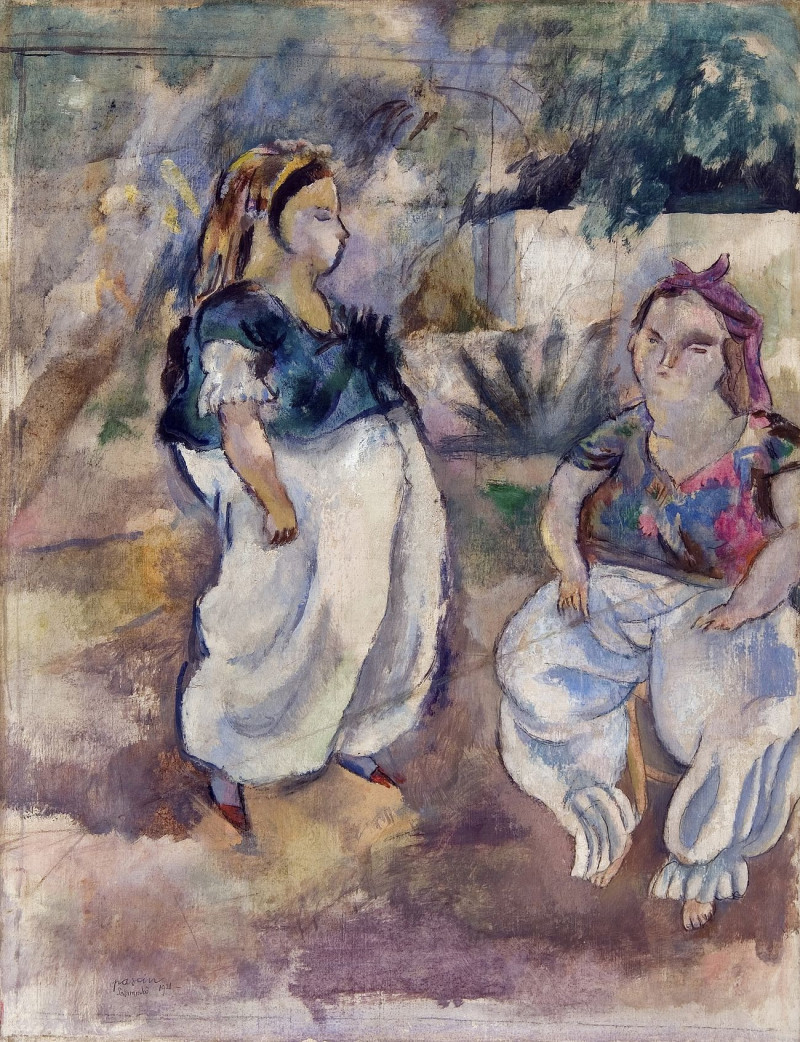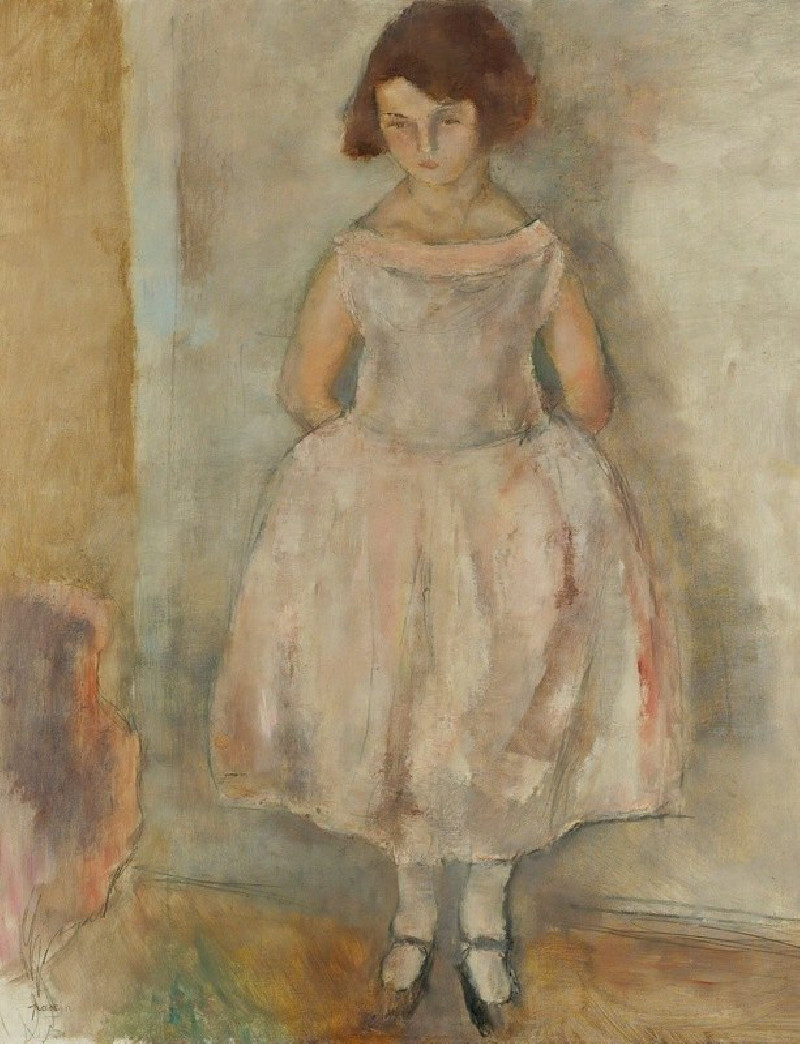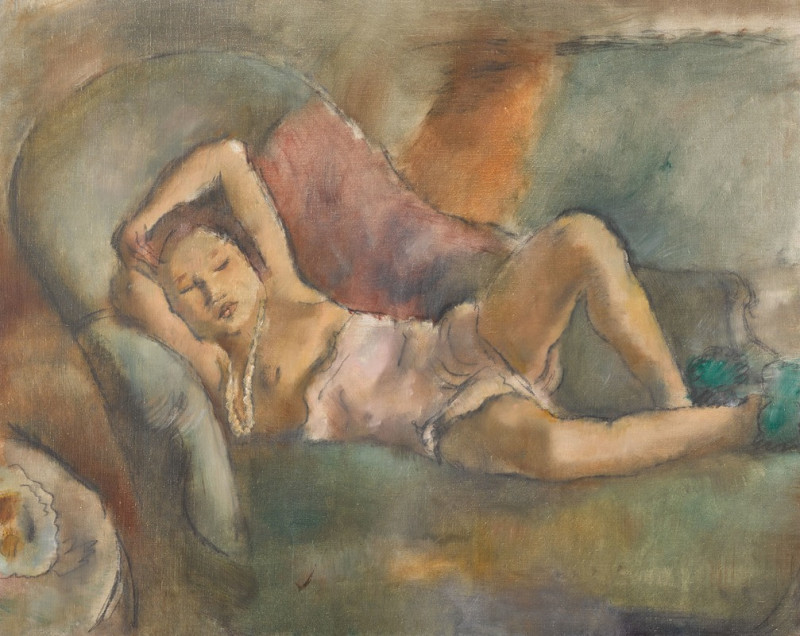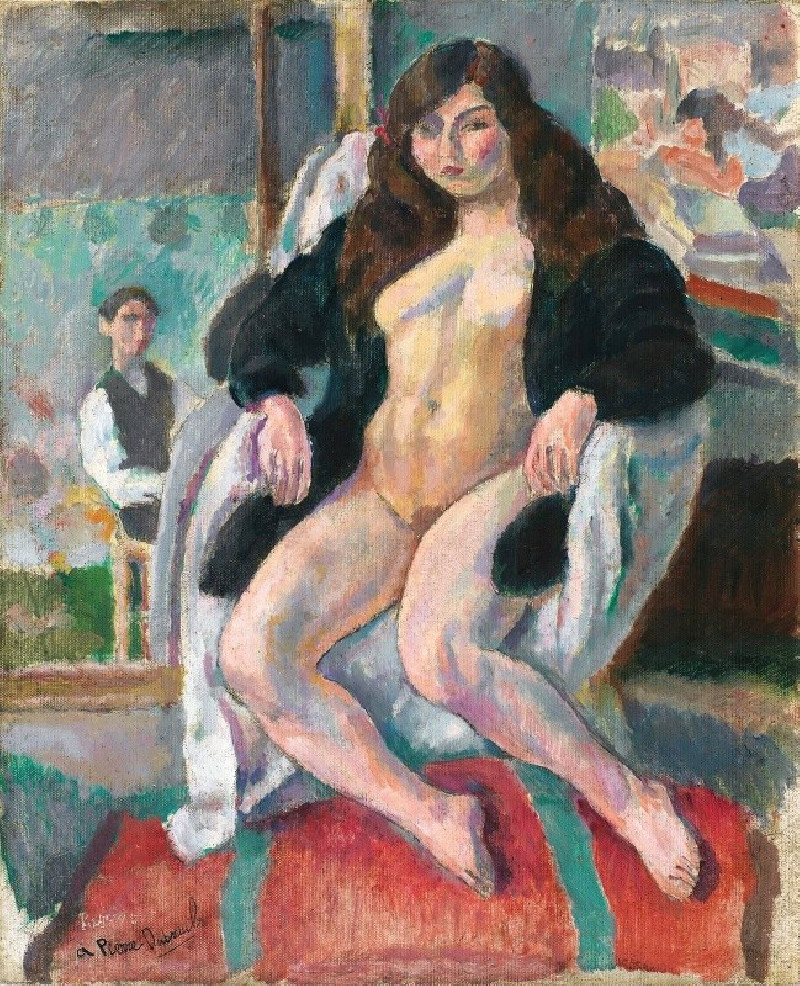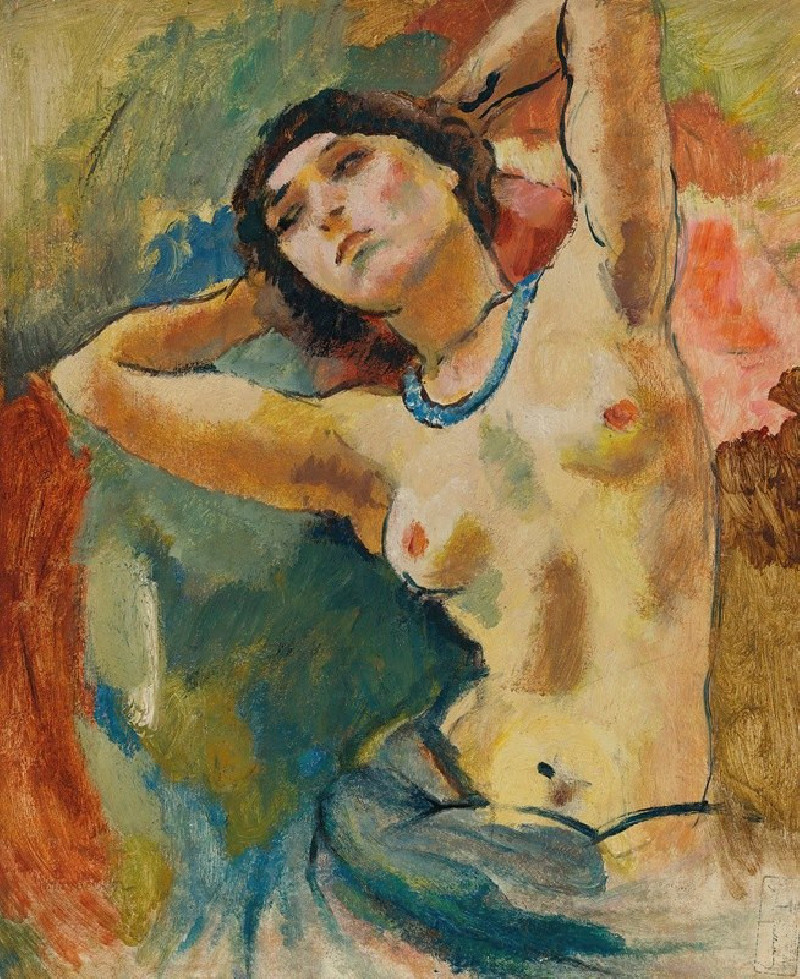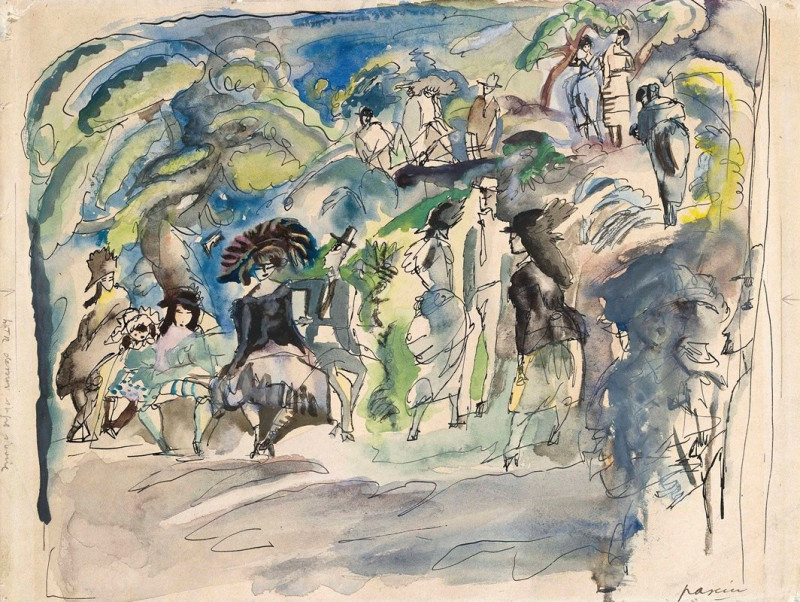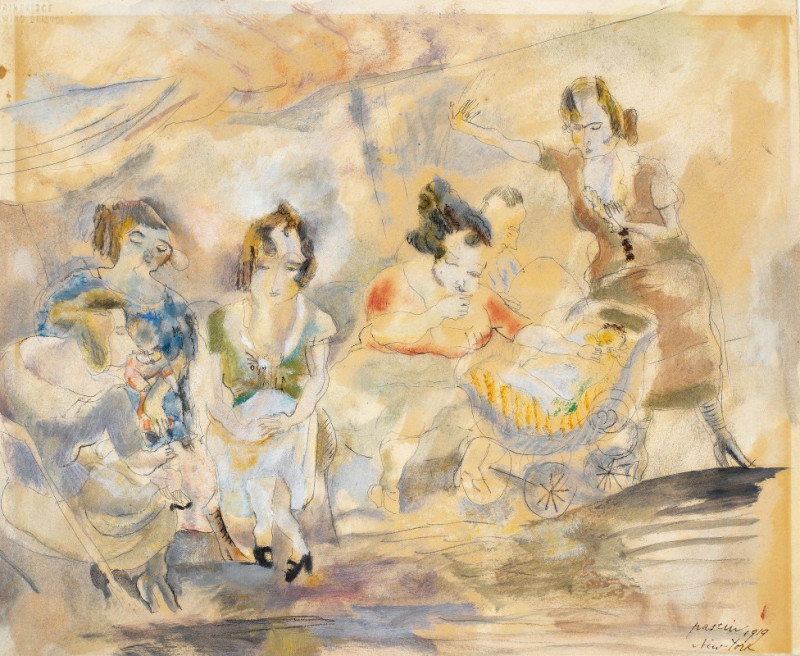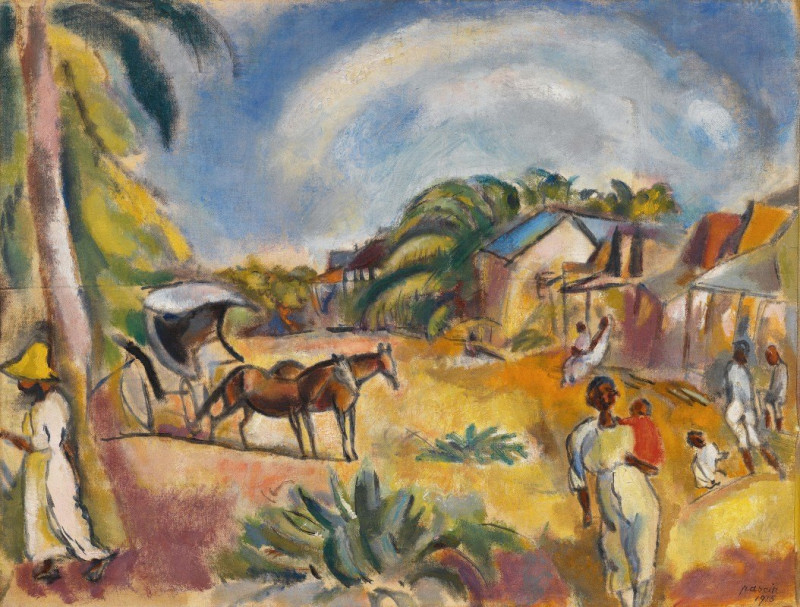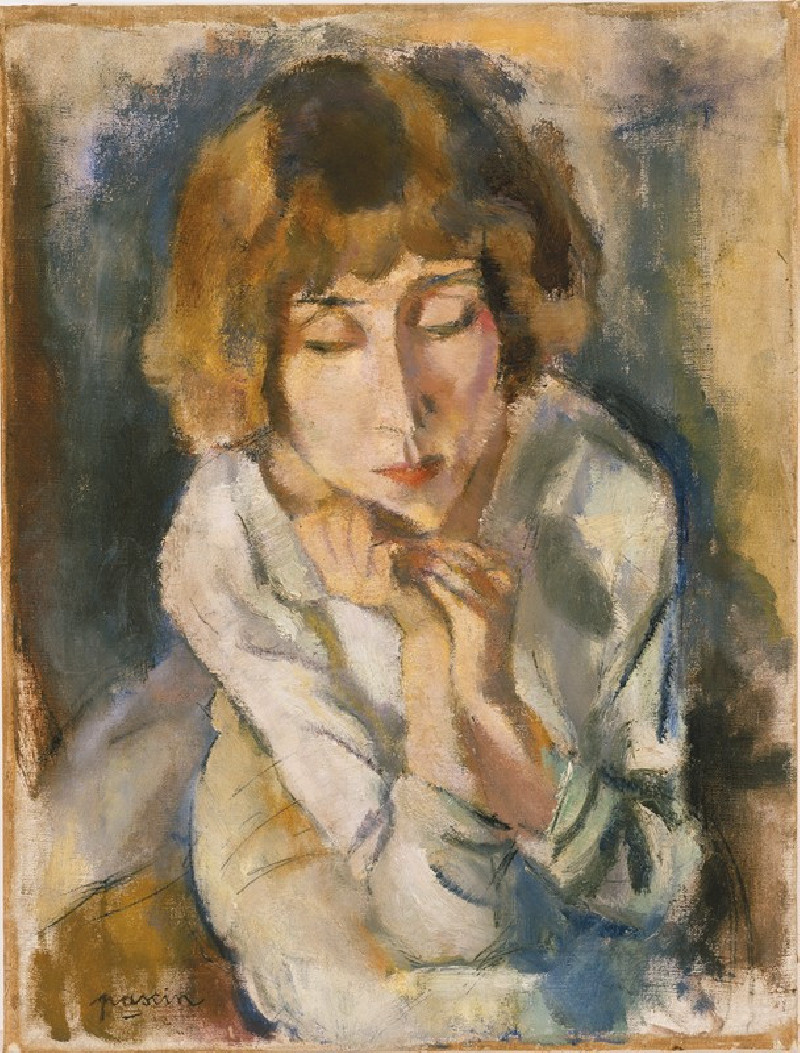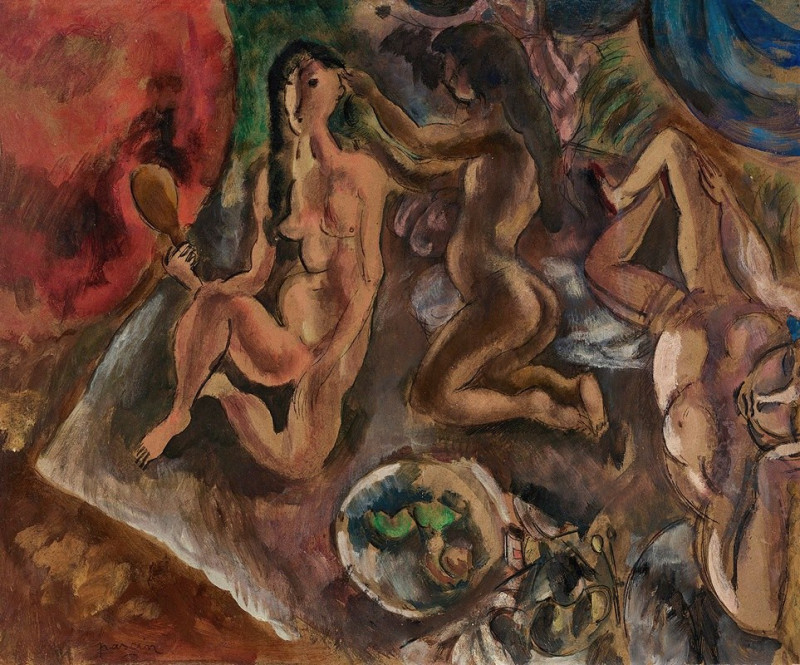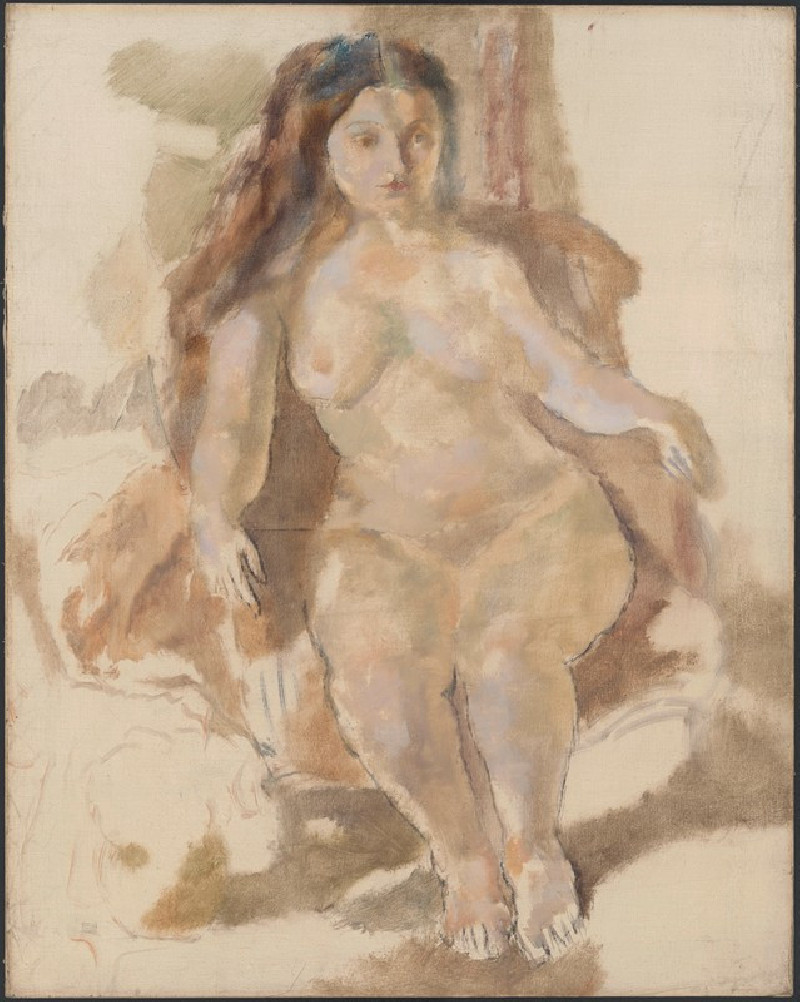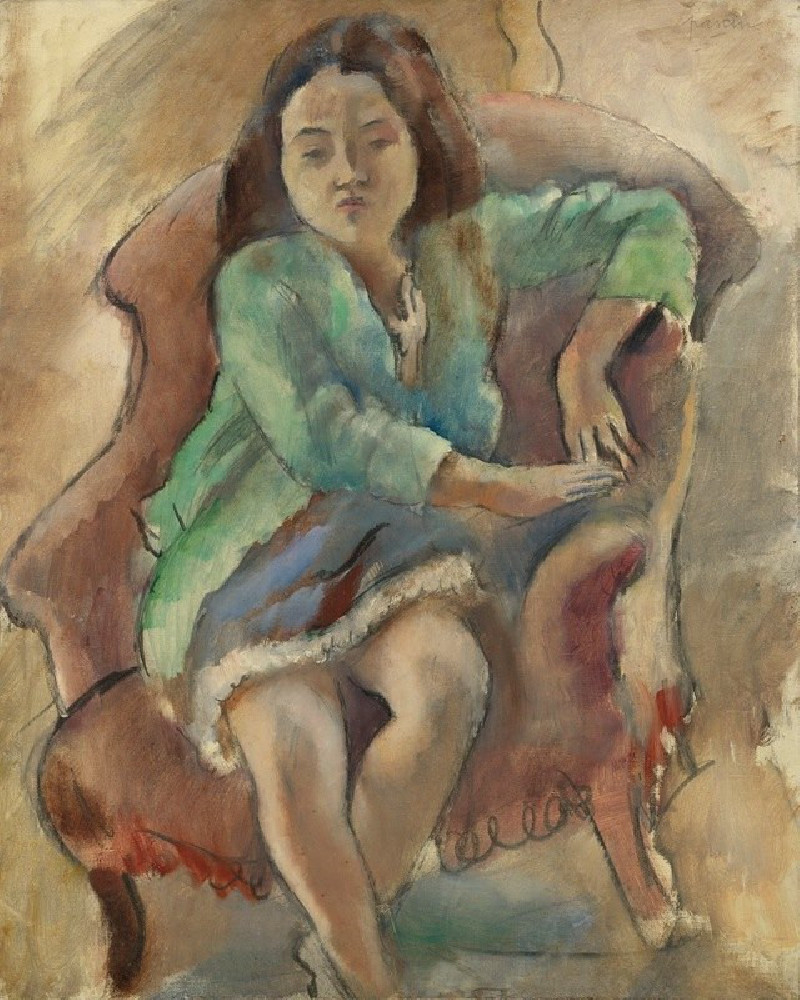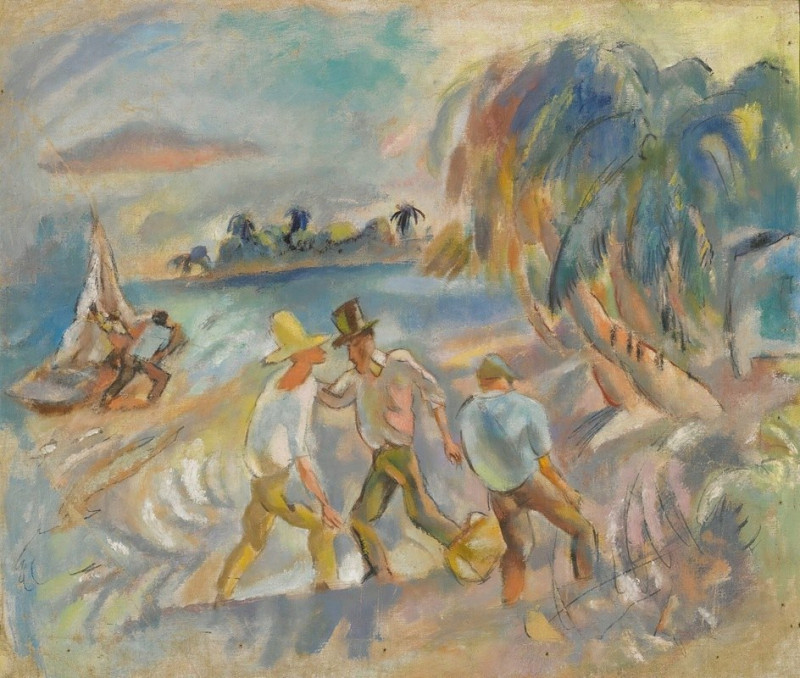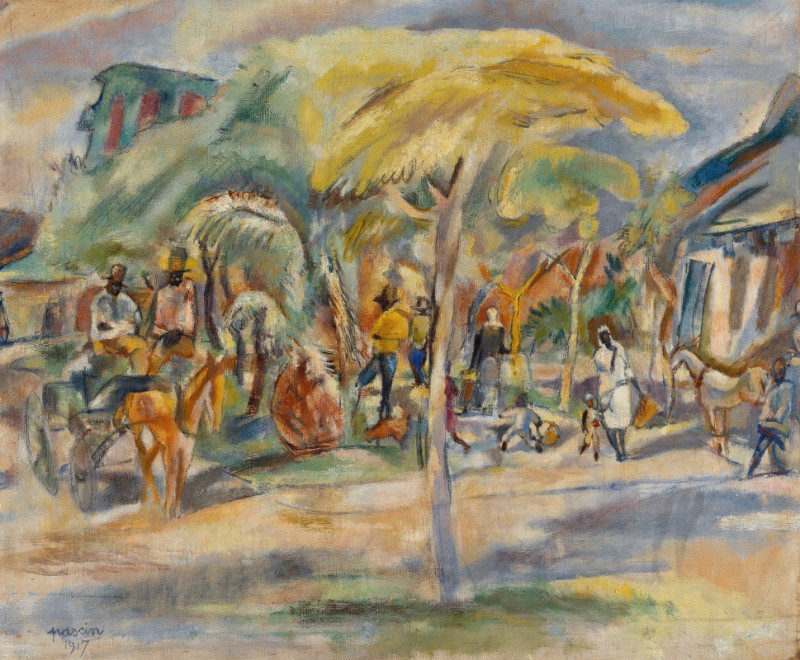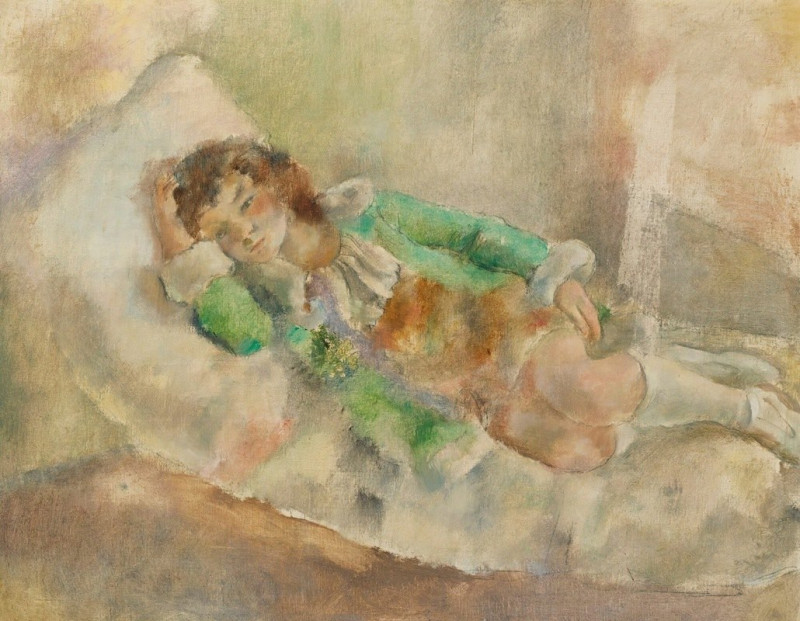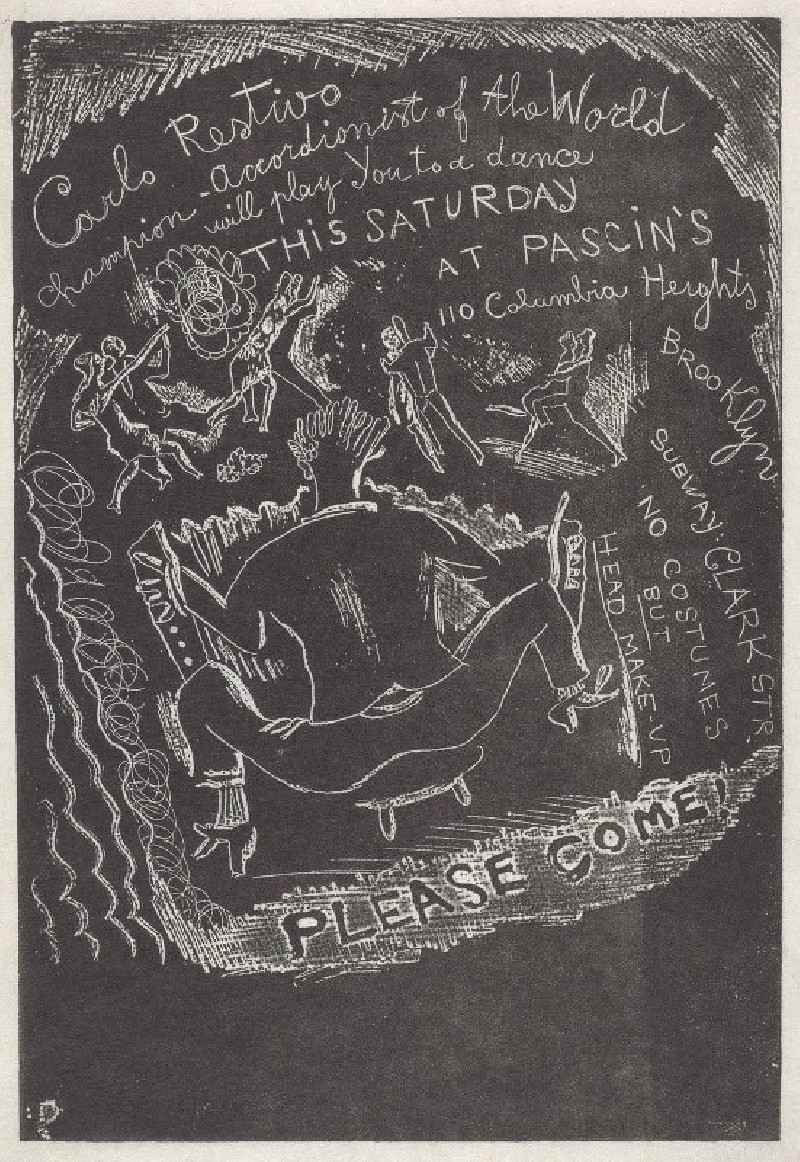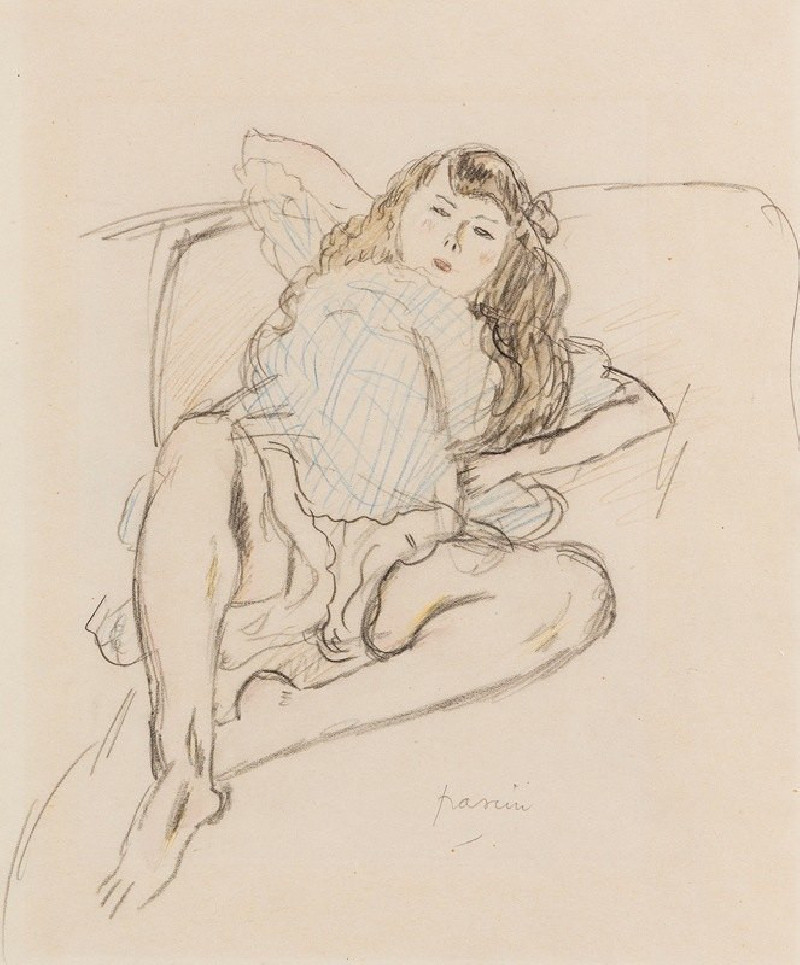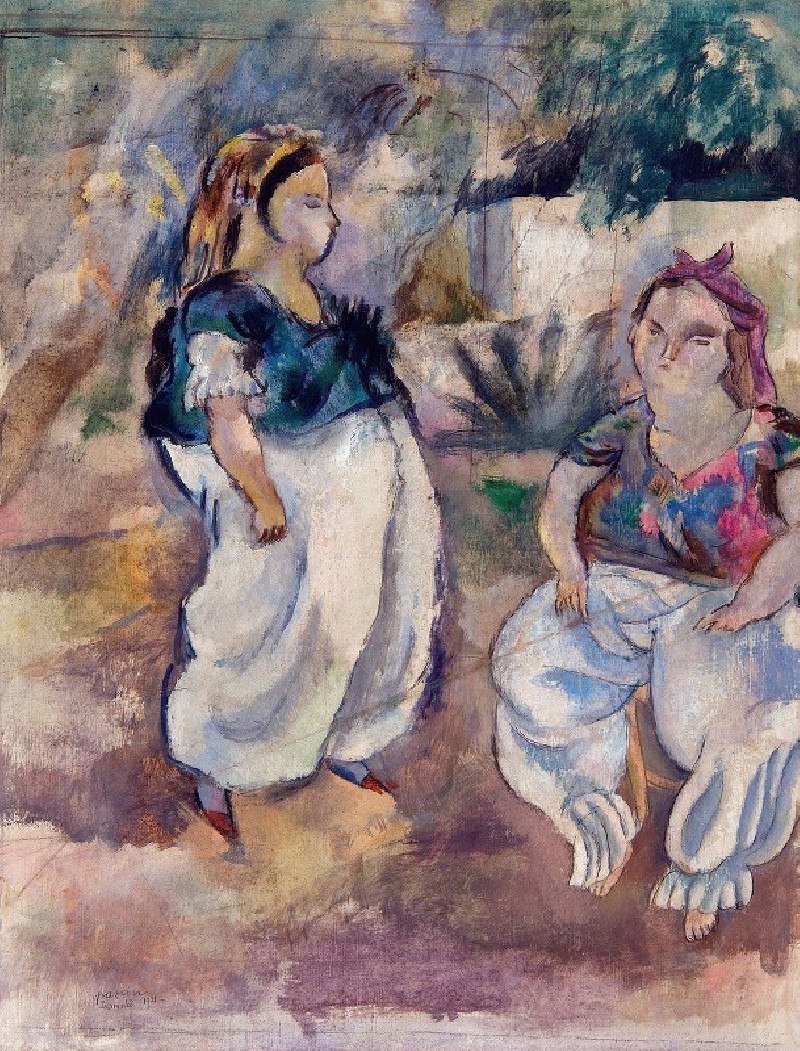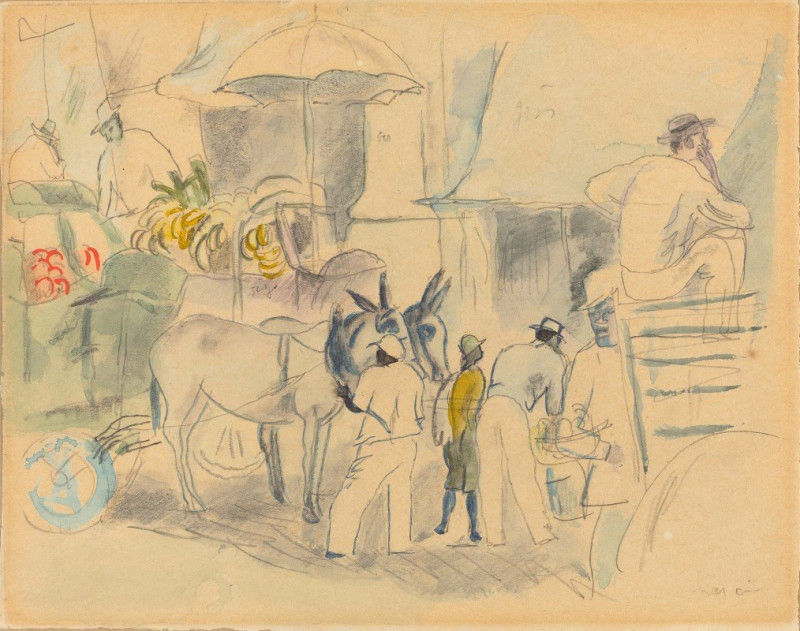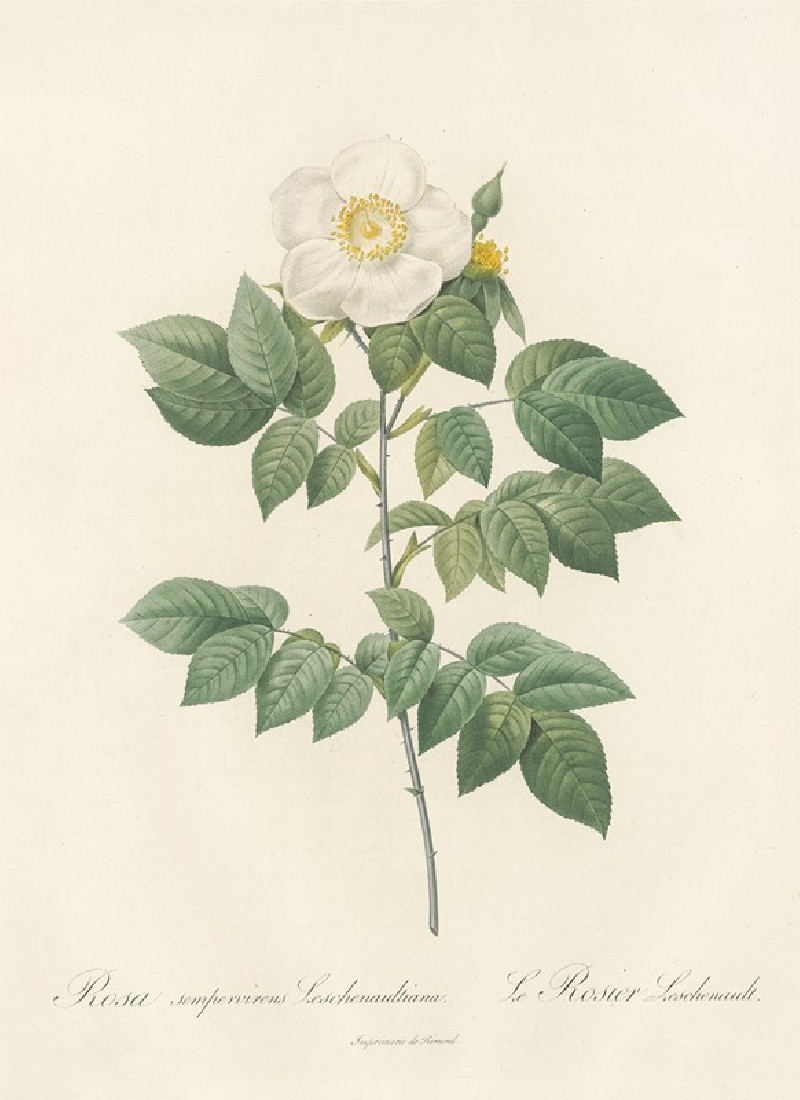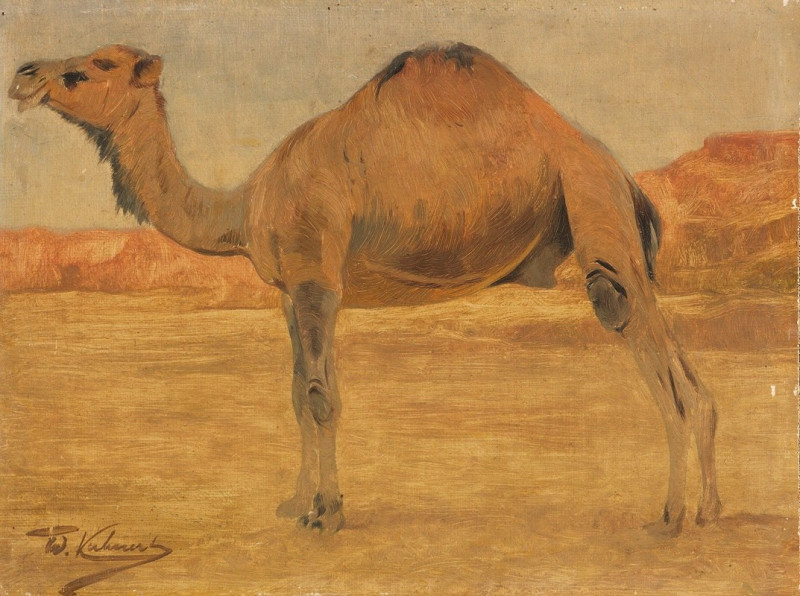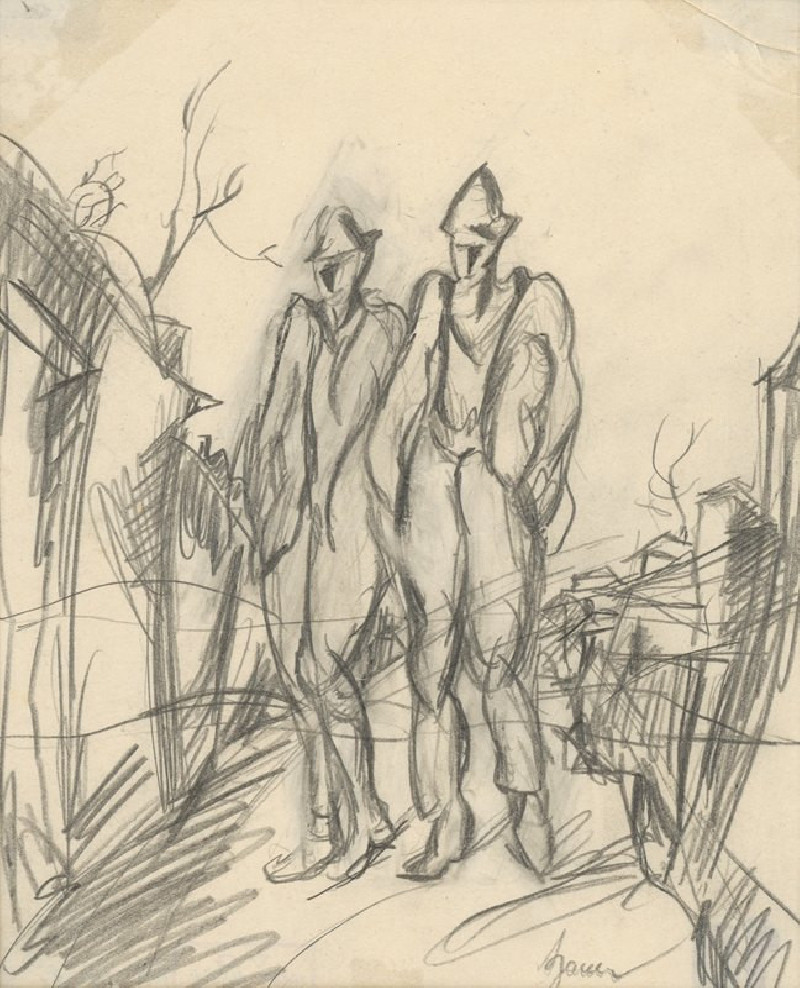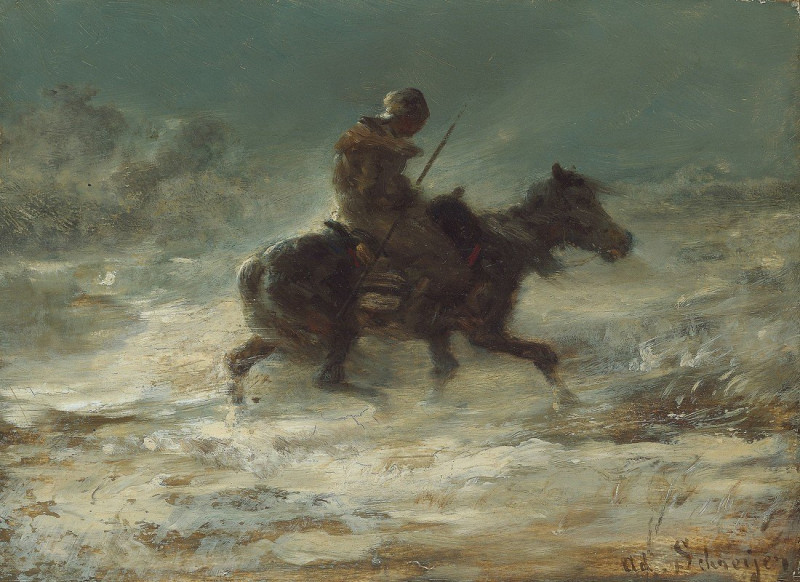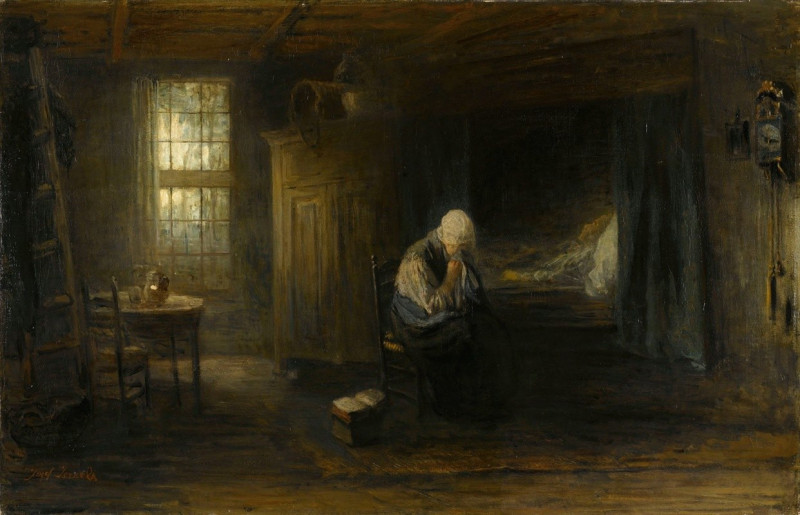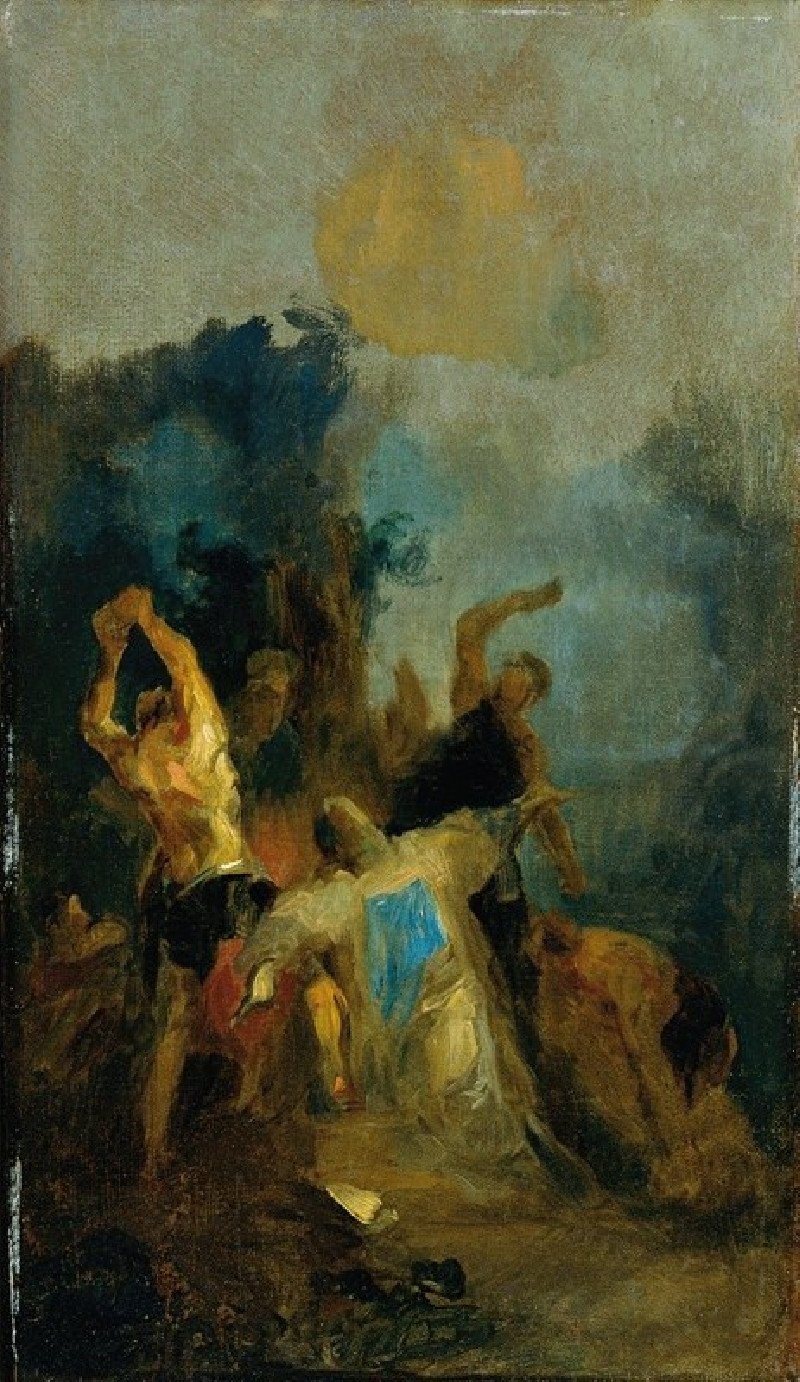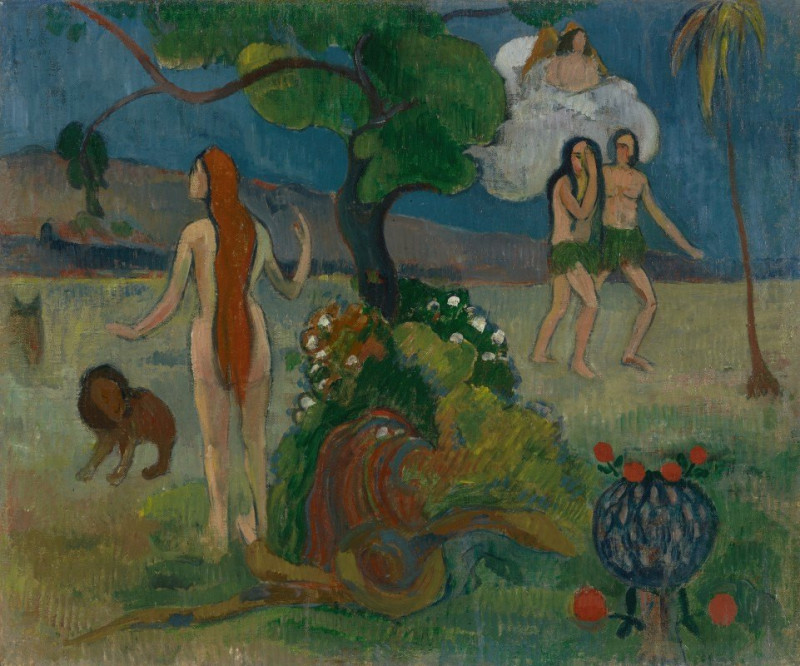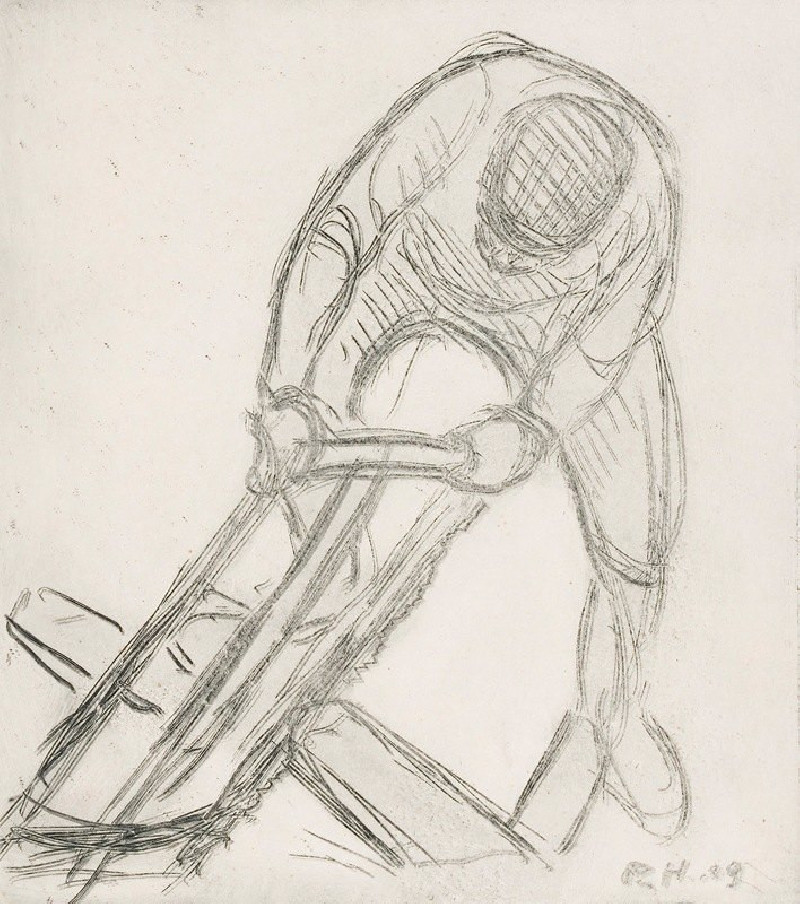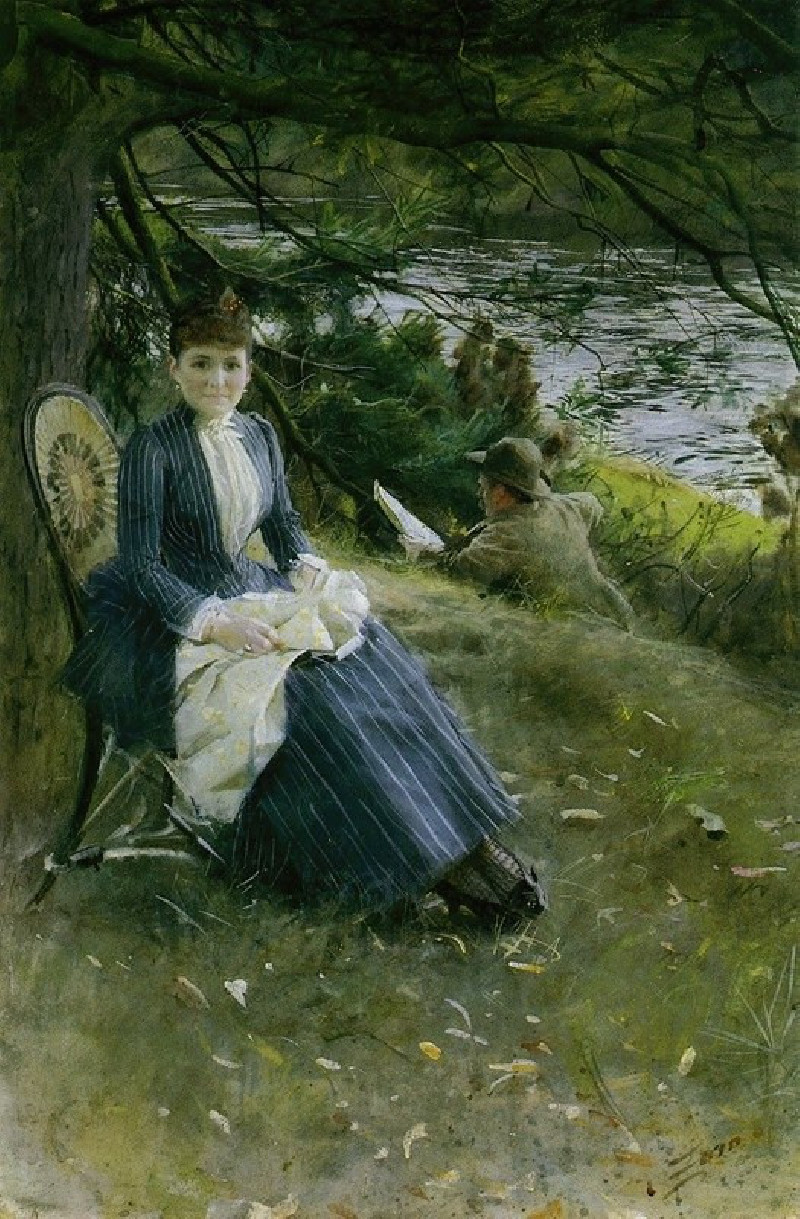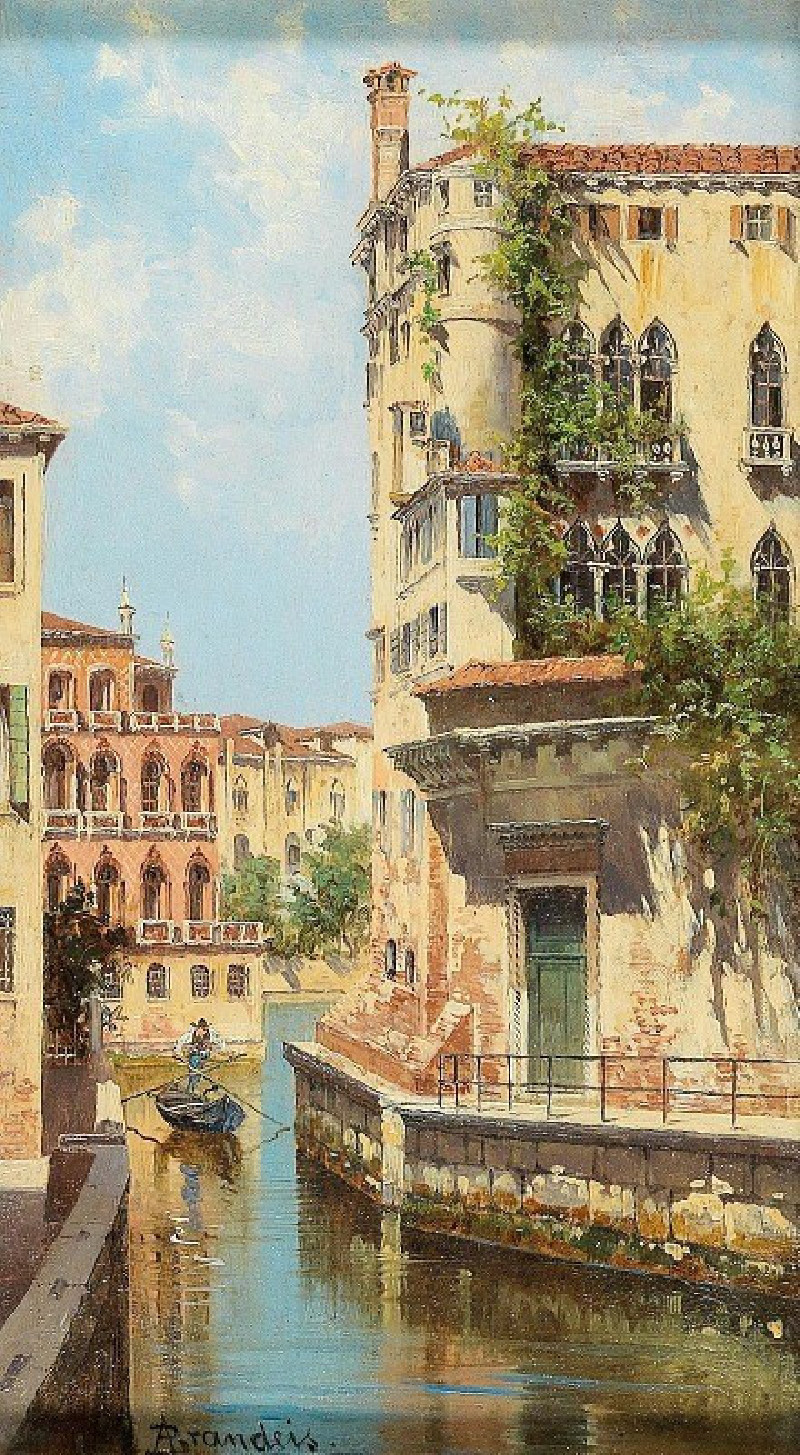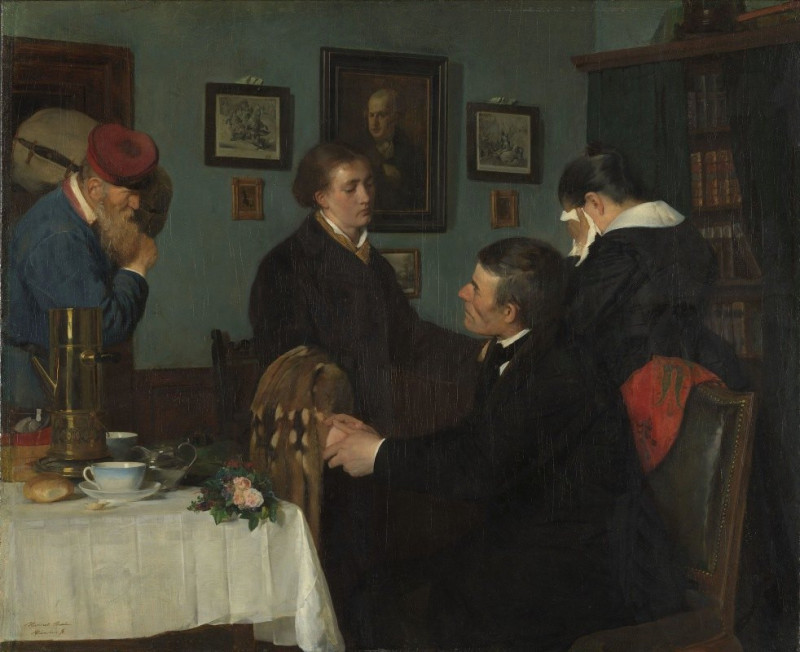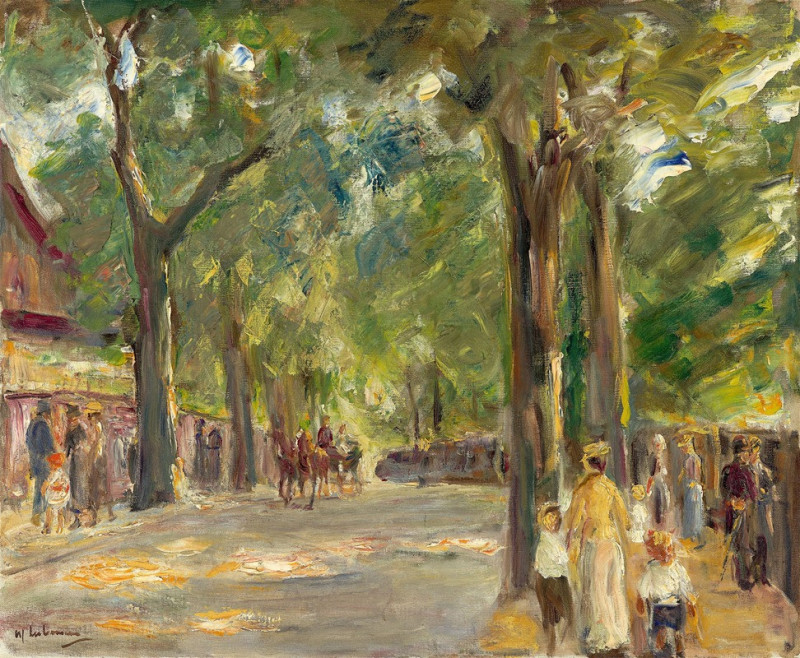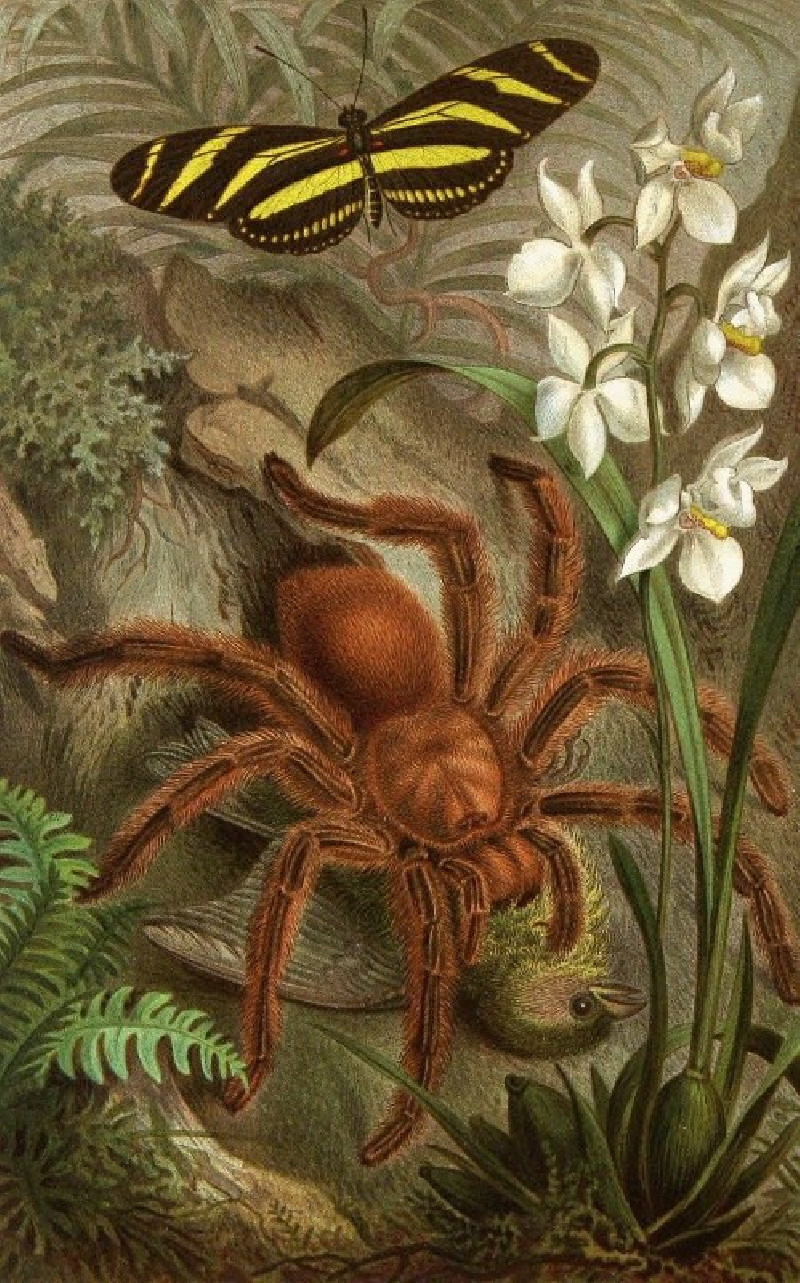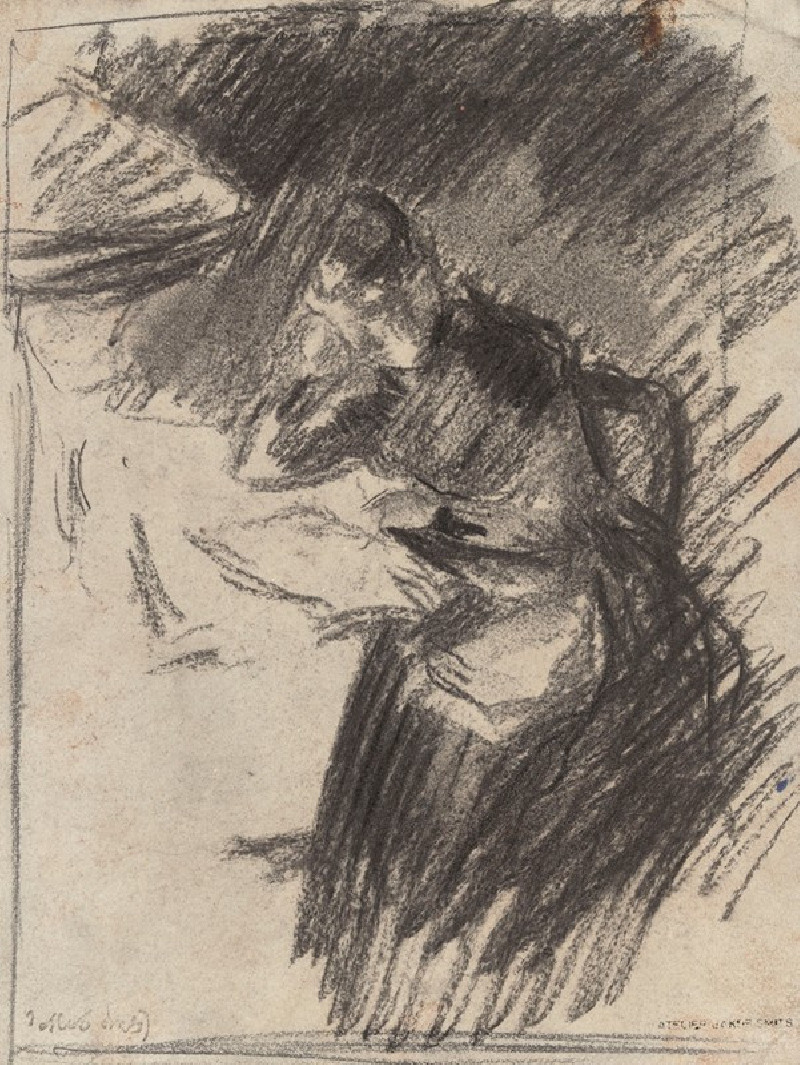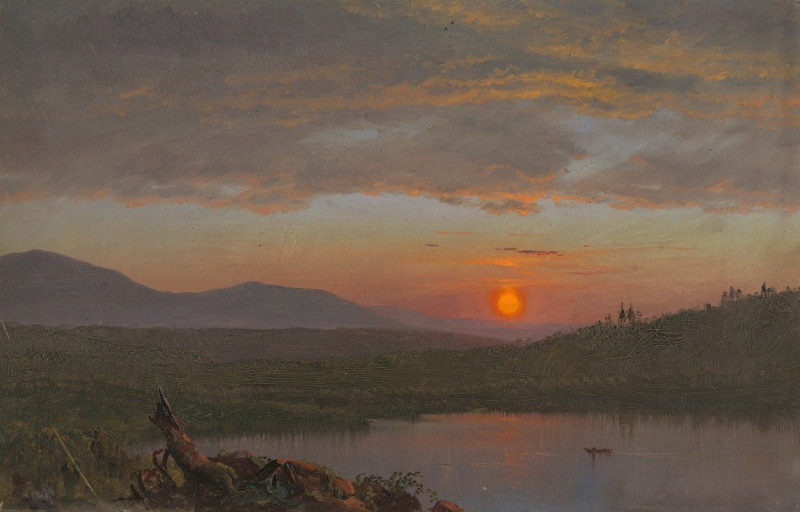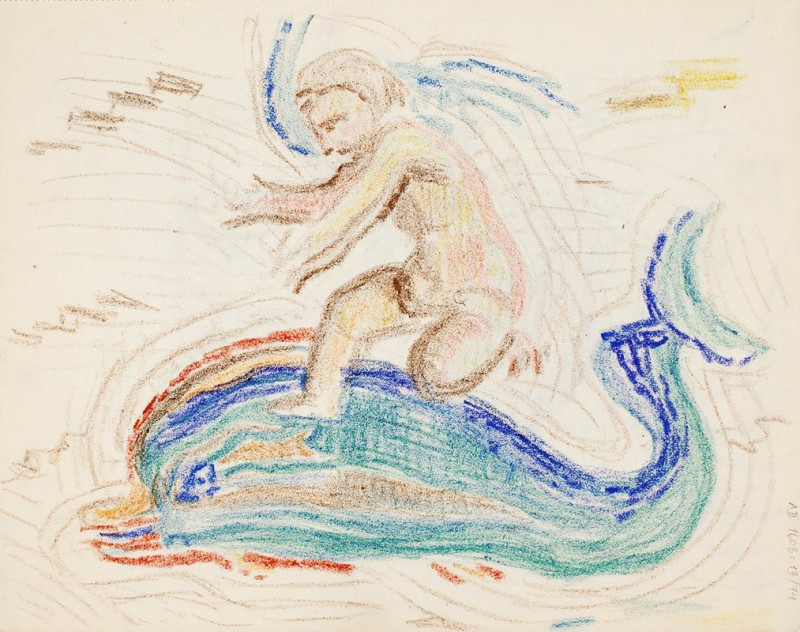Les Tunisiennes
More about this artwork
Delivery
Reproductions are made to order and take 5 to 7 working days.
We send them out by courier and delivery takes another two working days.
If you need a reproduction sooner, please contact us - we can usually find a solution and produce it a little faster.
If you don't want to pay for postage, you can pick up your paintings at our galleries in Kaunas or Vilnius.
Returns
Yes, reproductions can be returned.
If you have any doubts more than 30 days after the date of purchase, please contact us - we will take the reproduction back for a refund or offer you a replacement!
We accept a maximum of two returns per customer - please note that we make reproductions to order, so please choose responsibly.
We do not refund shipping expenses.
Nudes, street scenes and landscapes of women and tropical locations by Bulgarian-born American painter Jules Pascin (1885-1930). Born to an affluent family, Pascin was educated in Austria and Germany before moving to Paris in 1905. It was there that he became associated with the Modernist movement. He attached himself to the human condition and was known for painting portraits of nude and half-dressed women. He stands in the grand tradition of the romantic, bohemian artist.

